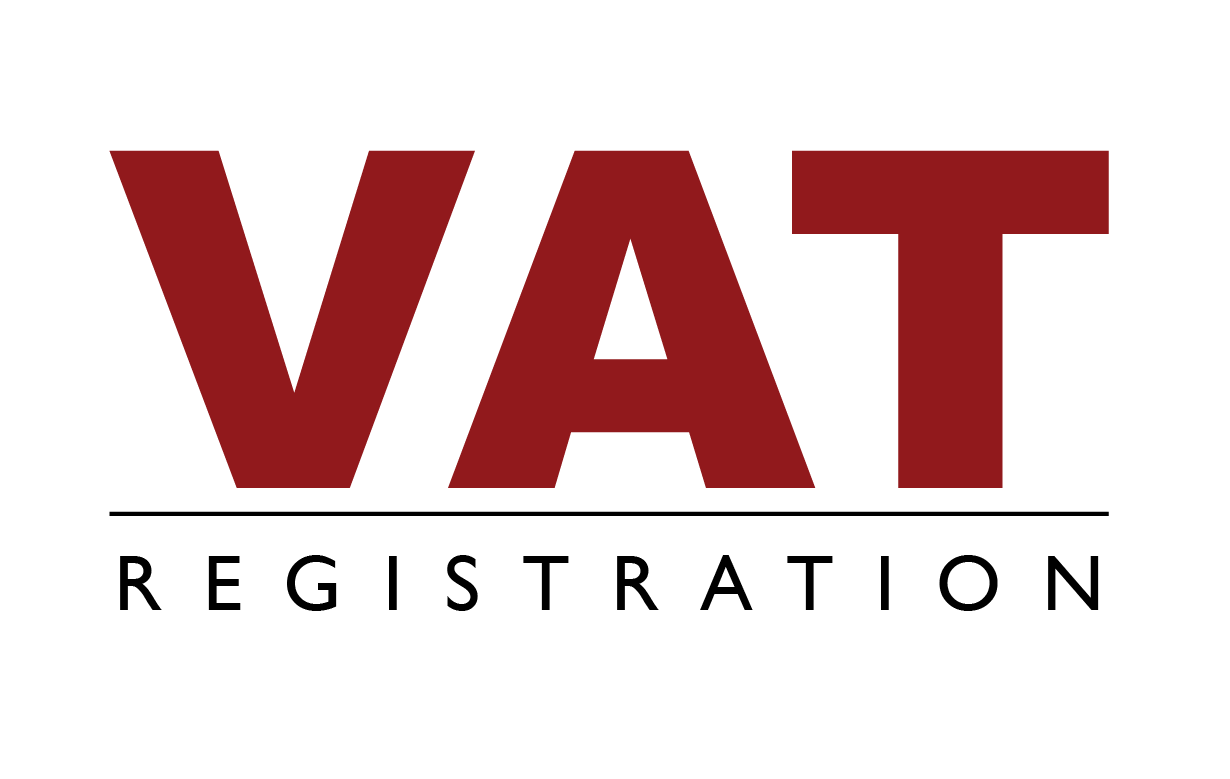Get Your Business VAT Registered in UAE
VAT was introduced in the United Arab Emirates on the 1st of January 2018. Value Added Tax or VAT is an indirect tax charged on the supply of goods and services in UAE. VAT is charged at every step of the supply chain. In order to be compliant with the laws and regulations of the country to avoid any penalties, it is necessary for businesses operating in UAE to get their businesses VAT registered if they meet the minimum threshold requirement.
Based on the nature of supplies, VAT is divided into three categories:
- Taxable VAT – includes all supplies that are subject to 5% VAT
- Exempted VAT – includes all goods and services where VAT is not at all applied, or not charged at all
- Zero-rated VAT – includes all goods and services that are VAT taxable, but at a rate of 0%.
This guide aims to provide a step-by-step approach for businesses to get themselves VAT registered and fulfill their obligations as a taxpayer.
Introduction to VAT in UAE
The UAE economy had been heavily dependent on the petroleum industry, and in order to diversify the revenue streams of the country, VAT was implemented ensuring that the burden of taxation was shared equitably across all sectors of the economy. VAT implementation led the government to contribute to the continued provision of high-quality public services, which are paid for by the government budgets.
The Federal Tax Authority (FTA) is the regulatory body responsible for overseeing VAT in the UAE. Businesses are required to register for VAT if they meet the annual taxable supplies threshold of AED 375,000. Businesses can register for VAT voluntarily as well if the supplies and imports are less than the mandatory threshold but exceed the minimum taxable supplies threshold of AED 187,500. Companies that fail to comply could face heavy fines and avoidable penalties from the government.
Requirements for VAT Registration in UAE
Following are the requirements that would have to be fulfilled in order to get your business VAT registered in UAE:
- Trade License
- Passport & Emirates ID of Manager, owner, & senior management
- Partnership Agreement, Articles of Association/Certification of Incorporation
- Bank account details
- Turnover of last 12 months along with the documentary proof of the same and expected turnover of the next 30 days
- Custom details
- Authorized signatory documents
- Expenses subject to VAT paid for the last 12 months & expected in the next 30 days
- Evidence of supplies including contracts, invoices and supporting documents
Step-by-Step Guide to Getting Your Business VAT Registered in UAE
Here is a comprehensive guide to help you get your VAT registered in UAE:
- Determine your VAT liability: The first step to getting VAT registered in UAE is to determine if you meet the minimum taxable supplies threshold of AED 187,500 for voluntary disclosure and AED 375,000 for mandatory.
- Complete the VAT registration form: The next step would be to complete the VAT registration form, which can be found on the FTA’s website. You will need to provide details such as your trade license number, commercial registration certificate, details of taxable supplies, and information about registered partners/directors.
- Submit the VAT registration form: Once the VAT registration form is completed, you will need to submit it to the FTA for approval. This can be done online through the FTA’s e-services portal.
- Receive VAT registration certificate: After your VAT registration form has been approved, you will receive a VAT registration certificate, this certificate confirms that you are now a registered VAT taxpayer in the UAE.
- Start charging VAT: You are now ready to start charging VAT on your taxable supplies. It is necessary to keep accurate records of all VAT transactions and ensure that you submit your VAT returns on time to avoid any delays and avoidable penalties.
FAQ’s
Who is responsible for overseeing VAT in UAE?
The Federal Tax Authority (FTA) is responsible for overseeing VAT in UAE. It is the government entity responsible for administering, collecting as well as enforcing federal taxes.
What are the requirements for VAT registration in UAE?
The requirements for VAT registration in UAE include having a valid trade license and commercial registration certificate, providing details of all taxable supplies made in the previous year (12 months), having a tax registration number (TRN), and providing details of all registered partners/directors.

